"The Prose Edda", or "Younger Edda", is a classic collection of Norse myths of the Icelandic people believed to have been written or compiled by Icelandic scholar and historian Snorri Sturluson around the year 1220. Preserved through a handful of medieval manuscripts and another dating to the 17th century, "The Prose Edda" is composed of a prologue and three additional books. In the prologue Sturluson describes the Norse gods as historical descendents of the Trojans who travelled north after the fall of Troy to settle the lands of Northern Europe. The second book, Gylfaginning, old Icelandic for "the tricking of Gylfi", describes the creation and destruction of the world of the Nordic gods. The third book, Skáldskaparmál, old Icelandic for "the language of poetry", contains of a dialogue between Ægir, a sea god, and Bragi, a skaldic god, on the nature of poetry. The fourth book, Háttatal, Old Icelandic for "list of verse-forms", is a section of poetry composed and discussed by Snorri Sturluson. A classic of Norse mythology, "The Prose Edda" is one of the most important of all Icelandic texts. This edition is printed on premium acid-free paper and is translated with introduction, notes, and vocabulary by Rasmus B. Anderson.

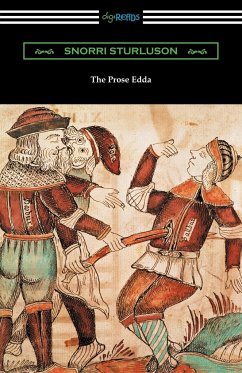
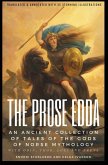
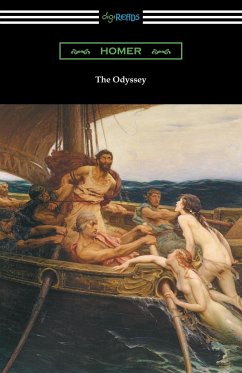
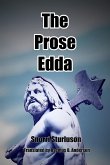
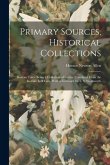
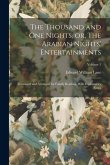
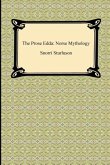
![The Fisher-boy Urashima / [translated] by B. H. Chamberlain The Fisher-boy Urashima / [translated] by B. H. Chamberlain](https://bilder.buecher.de/produkte/68/68913/68913736m.jpg)